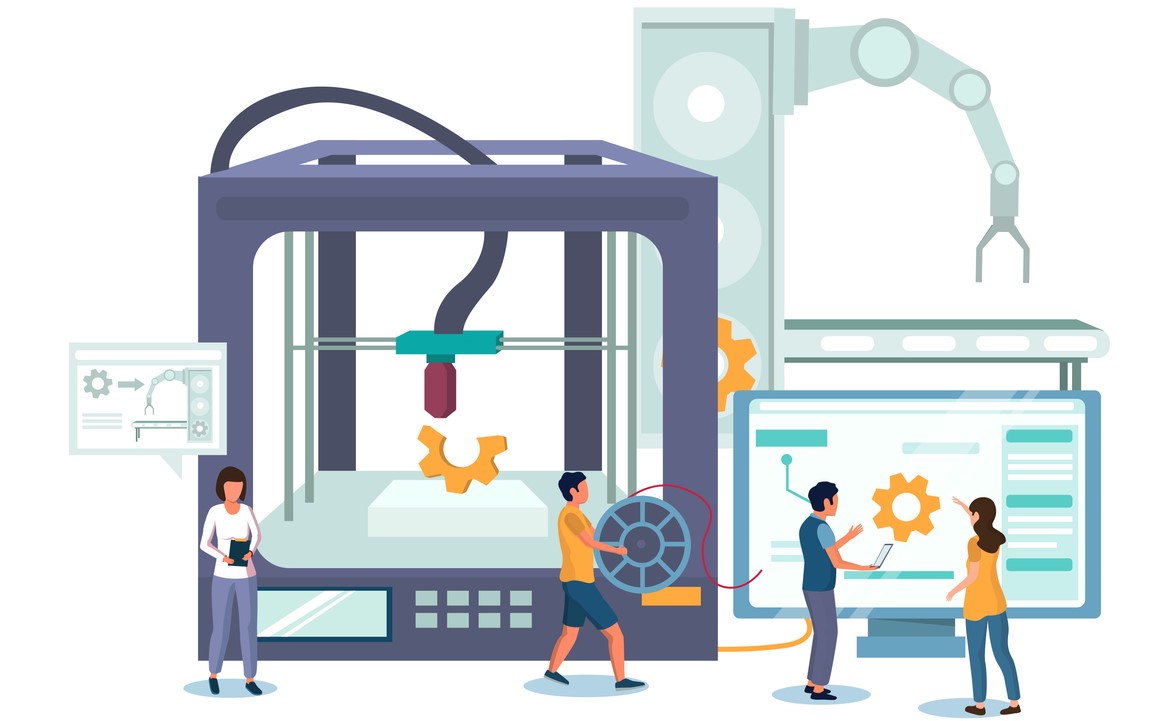Employability rules: Students in Canada are prioritizing programs that offer skills training
Krysten Payne, whose father was a teacher, remembers being strongly encouraged to choose university over college after high school.
Payne, 29, describes himself as someone who likes to work with his hands – his first clue that university maybe wasn’t the best route to his dream job. Still, to please his family, Payne struck a compromise with his parents. He took applied technology courses after high school at Antigua and Barbuda Institute of Technology. From there, he studied at Toronto’s Seneca College, in a transfer program that qualifies graduates for university degree programs.





